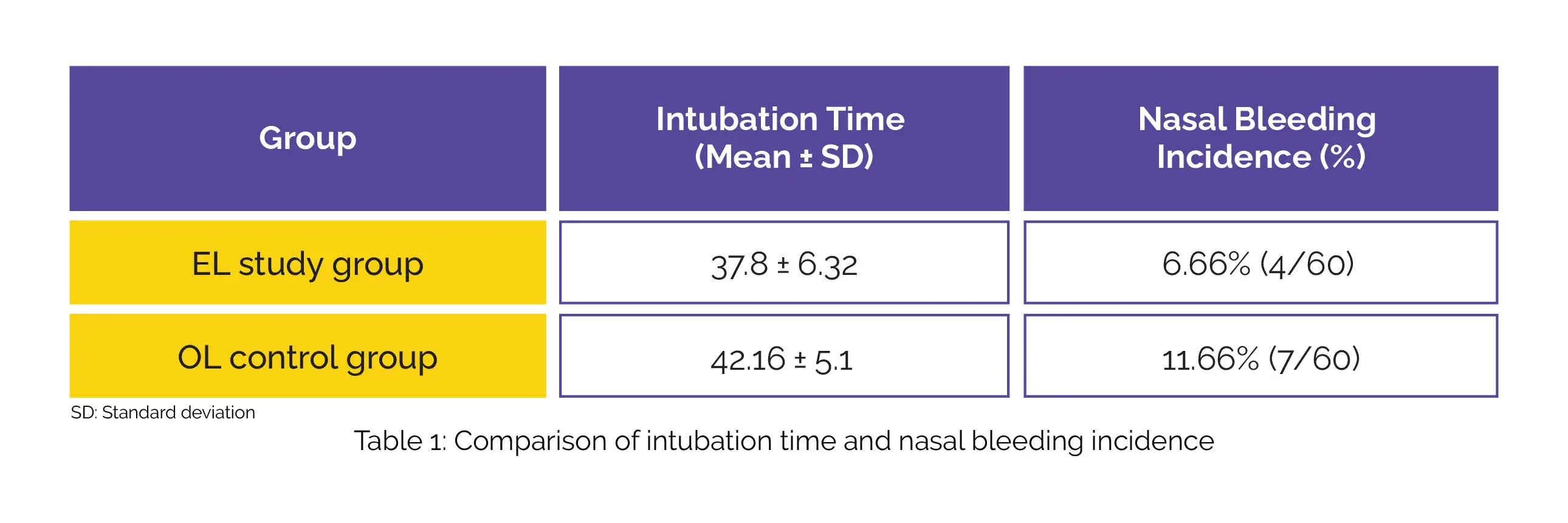Categories
Change Password!
Reset Password!


A randomized controlled trial was conducted to emphasize the significance of utilizing a nebulization session prior to anesthesia induction, where Epinephrine 1:1000 and Lidocaine were combined. The objective was to demonstrate how this approach could effectively induce vasoconstriction and analgesia when used preoperatively.
Nebulized administration of Lidocaine and Epinephrine can be regarded as an effective approach to prevent epistaxis caused by nasotracheal intubation, manage bleeding within the surgical field, supplement intraoperative pain control, and mitigate potential nasal complications after extubation in patients with mandibular fractures.
A randomized controlled trial was conducted to emphasize the significance of utilizing a nebulization session prior to anesthesia induction, where Epinephrine 1:1000 and Lidocaine were combined. The objective was to demonstrate how this approach could effectively induce vasoconstriction and analgesia when used preoperatively.
Patients were allocated randomly into two equally sized groups: one receiving nasal drops of Lidocaine followed by Oxymetazoline (referred to as the OL control group), and the other receiving a nebulization session of a mixture containing Epinephrine and Lidocaine (referred to as the EL study group). The major endpoints were to assess the severity of epistaxis and its impact on intubation duration.
The administration of nebulized EL before nasotracheal intubation resulted in significantly reduced intubation time compared to the control group. This finding corresponded to a higher occurrence of moderate nasal bleeding in the OL group compared to the EL group (Table 1).

The EL group showed greater potential for reducing surgical blood loss when compared to the OL group (Table 2).

In people with isolated mandibular fractures undergoing elective fixation with nasotracheal intubation, pre-emptive Lidocaine and Epinephrine nebulization is a favorable method for prophylaxis against epistaxis, controlling intraoperative bleeding, managing intraoperative pain, and preventing post-extubation nasal complications despite its time-consuming nature.
Egyptian Journal of Anaesthesia
Pre-emptive Epinephrine nebulization prior to nasotracheal intubation for mandibular fracture fixation surgeries: Does it really differ? A randomised controlled clinical trial
Rehab Abdelfattah Abdelraziq et al.
Comments (0)